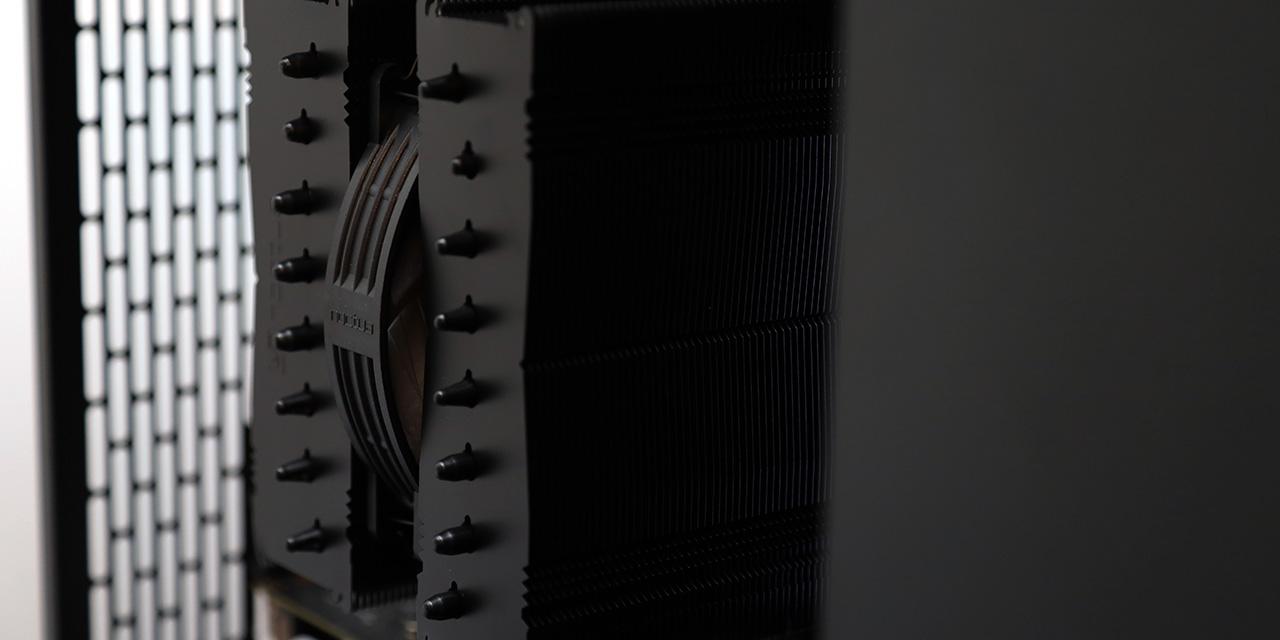Page 9 - Benchmark: SuperPI 1M, Cinebench R20
About SuperPI
Super PI is a computer program that calculates pi to a specified number of digits after the decimal point—up to a maximum of 32 million. It uses Gauss–Legendre algorithm and is a Windows port of the program used by Yasumasa Kanada in 1995 to compute pi to 2^32 digits.
Super Pi is used by many overclockers to test the performance and stability of their computers. In the overclocking community, the standard program provides a benchmark for enthusiasts to compare "world record" pi calculation times and demonstrate their overclocking abilities. The program can also be used to test the stability of a certain overclock speed. If a computer is able to calculate PI to the 32 millionth place after the decimal without mistake, it is considered to be moderately stable in terms of RAM and CPU. However, longer tests with other CPU/RAM intensive calculation programs will run for hours instead of minutes and may better stress system stability. While Super Pi is not the fastest program for calculating Pi, it remains very popular in the hardware and overclocking communities.
From: Wikipedia (January 22, 2011)

We have always included SuperPi in our benchmark results, because it is a quick and dirty run that always proves to be interesting. It is neither the fastest way to calculate Pi nor is it the most challenging. But being an enthusiast at heart, this program has always provided interesting results for showing off your overclocking prowess on your favorite online forum. This time around, all of the tested memory provided results of the exact same time. This is a pretty uninteresting result, but it may possibly just show the heavier reliance on the CPU rather than the memory in this benchmark.
About Cinebench R20
Cinebench is a real-world cross-platform test suite that evaluates your computer's hardware capabilities. Improvements to Cinebench Release 20 reflect the overall advancements to CPU and rendering technology in recent years, providing a more accurate measurement of Cinema 4D's ability to take advantage of multiple CPU cores and modern processor features available to the average user. Best of all: It's free.
From: Developer's Page

Cinebench R20 is Maxon's latest benchmark to measure CPU rendering performance. The GPU test was dropped by the developers because it has been considered as irrelevant in the benchmarking scene for a while now. Obviously, having a fast processor will play a significant role in determining these scores, but memory still affects these results. As you can see in our charts above, the Gigabyte AORUS RGB Memory DDR4-3200 2x8GB came in second by only one point lower compared to the other two tested kits, which is great to see.
Page Index
1. Introduction, Packaging, Specifications
2. A Closer Look, Test System
3. Benchmark: AIDA64 CPU
4. Benchmark: AIDA64 FPU
5. Benchmark: AIDA64 Memory
6. Benchmark: PCMark 10
7. Benchmark: 3DMark
8. Benchmark: PassMark PerformanceTest 9.0
9. Benchmark: SuperPI 1M, Cinebench R20
10. Overclocking and Conclusion





